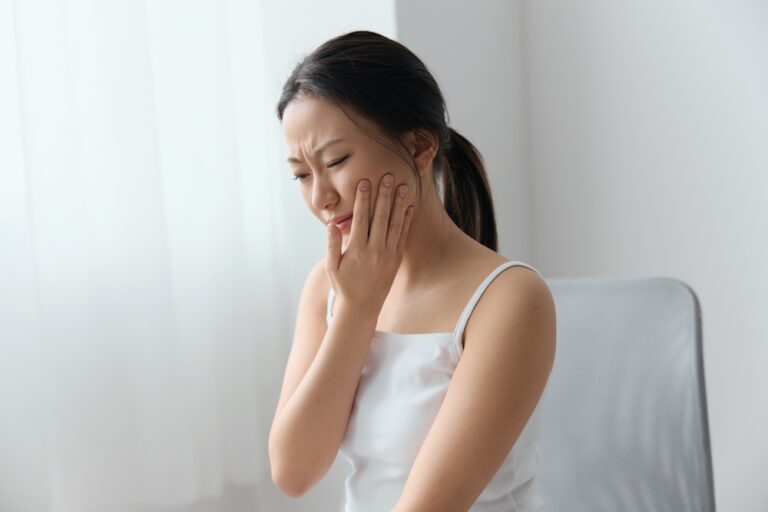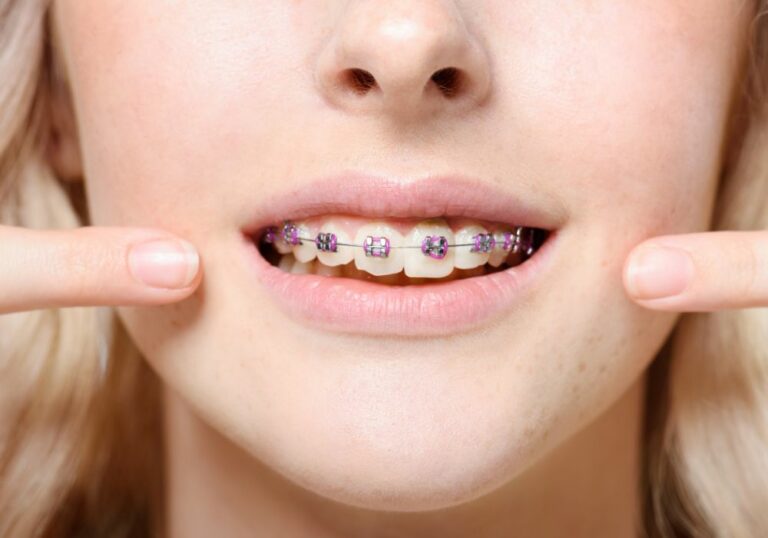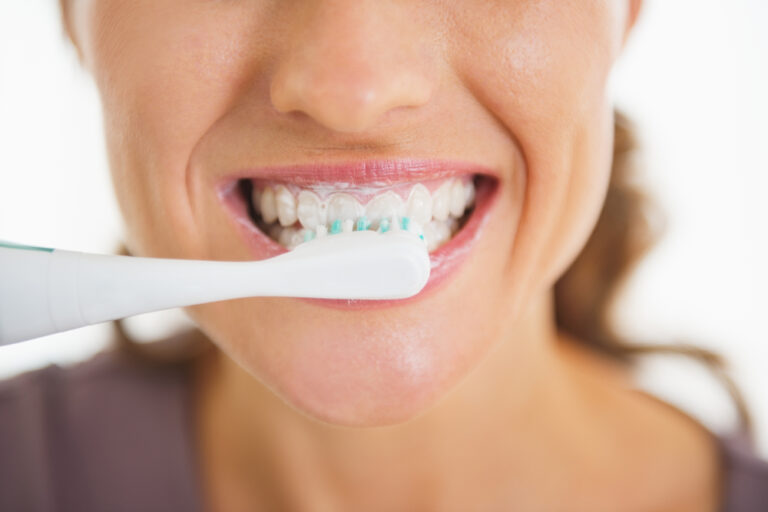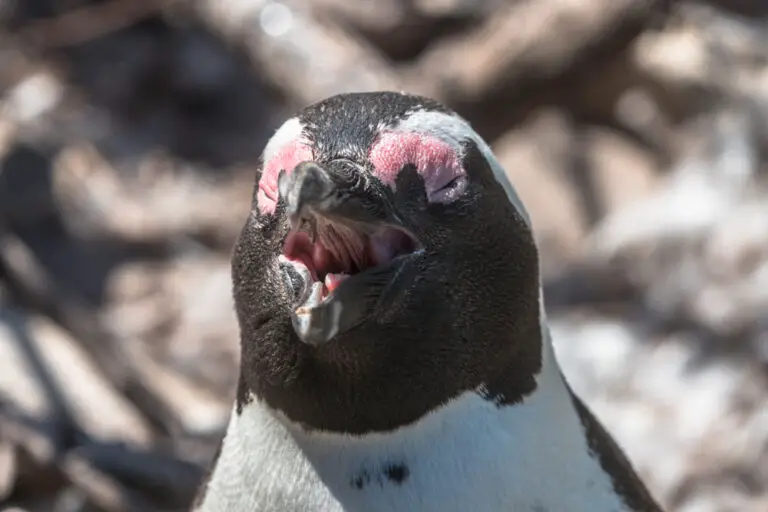You probably know that certain foods contribute to stains on your teeth, and that whitening treatments are pretty effective at getting rid of them. But did you know that there are foods you should avoid right after your whitening treatment?
Dentists recommend you avoid foods notorious for staining teeth because your mouth is actually more susceptible to discoloration at this time. Usually a 48 hour avoidance will suffice, but you need to know what to avoid beforehand.
While some foods are obvious, others only make sense once they’re pointed out. Keep reading to learn more about why this is such a sensitive period, the most common foods to avoid, what you can stock up on, and other tips for keeping your teeth bright.
Why You Should Avoid Certain Foods and Habits After Teeth Whitening
Whitening your teeth, either through professional teeth whitening or at home, provides immediate results that may have you thinking you’re in the clear. A closer look at the process reveals that the opposite is true.
When you use whitening products like hydrogen peroxide or carbamide peroxide, you wear away the top layers of your enamel where stains have set in. This means your teeth are going without their protective layer until it remineralizes, and they’re much more porous and sensitive.
It takes at least 48 hours for your defense to sufficiently combat staining. Until that barrier is back up, your teeth are more likely to take on stains than they were before you had the procedure done.
Most Important Foods to Avoid After Teeth Whitening
While anything can cause discoloration without the proper oral hygiene habits, there are a number of foods and beverages notorious for staining teeth.
After a whitening session, dentists suggest you avoid:
- Dark fruits and vegetables
- Heavily processed and sugary foods
- Most sauces/condiments
- Colored foods
- Alcohol
- Coffee and tea
- Sodas and other fizzy drinks
This may seem like an extensive list that leaves you with little to consume, but we assure you that you will survive. In the next section we have plenty of suggestions for safe foods after teeth whitening.
1. Dark Pigmented Fruits and Vegetables
While fruits and vegetables are considered healthier than processed foods, they have some pretty colorful natural pigments that can stain your teeth. Some favorite include:
- Strawberries, blueberries, raspberries, and blackberries
- Red grapes
- Cherries
- Pomegranates
- Carrots
- Tomatoes
- Purple cabbage
- Beets
- Dark, leafy greens
- Grapefruit
Vegetable and fruit juices are included in this section. It doesn’t matter whether you’re eating tomatoes fresh or in a soup alongside a grilled cheese; they’re bound to stain your teeth.
Some of these foods are also naturally acidic, which can trigger or worsen tooth sensitivity after your procedure. This also means that non-staining fruits, like oranges, lemons, and limes, should be avoided until your enamel remineralizes.
2. Processed and Sugary Foods
We already understand that processed foods and sugars aren’t the best for our teeth, especially if they’re in a compromised state. The main worry here is more decay than it is discoloration, but both can occur.
Keep these snacks out of your diet:
- Chocolate
- Cake
- Cookies
- Candy
- Ice Cream
If you find yourself with your hand in the cookie jar, make sure you brush and floss immediately after. These refined sugars, combined with compromised enamel, are exactly what bacteria are waiting for.
3. Dark Sauces, Spices, and Condiments
When it comes to sauces, spices, and condiments, avoid anything that would stain your fanciest white shirt.
Some common examples include:
- Soy sauce
- Turmeric
- Ketchup
- Mustard
- Paprika
- Balsamic vinegar
- Curry powder
This may make your diet more bland than you would like, but you’ll only learn to appreciate the flavor boost when you can return to your normal menu.
4. Dyed or Colored Foods (Both Natural and Artificial)
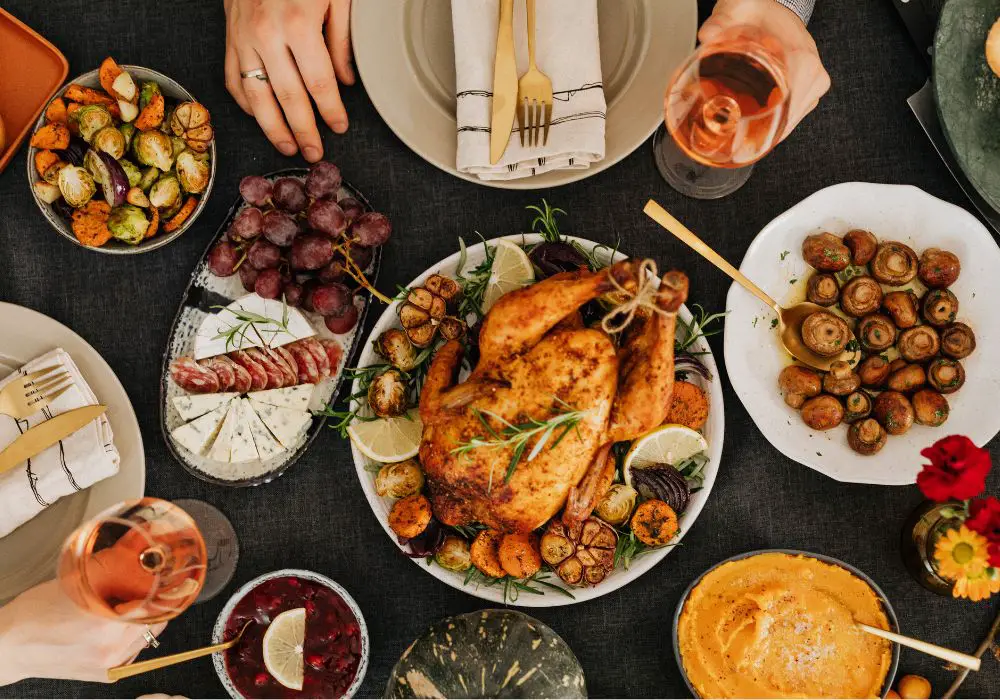
Food dye does a great job of making something more appealing or helping it take on a color that communicates flavor or purpose. It’s also pretty effective at staining your teeth, particularly right after you worked so hard to get all the old stains out.
For this reason, look food coloring ingredient in foods such as:
- Gummies and gelatins
- Syrups
- Sports drinks
- Popsicles
- Icing
- Baked goods
Keep in mind that natural dyes aren’t exempt from this undesirable effect. They may seem healthier, but they’ll stain your teeth just as well.
It’s not always obvious when food dye is involved, so we suggest you double check any labels or err on the side of caution.
5. Beer and Wine
Alcoholic beverages like beer and red wine are discouraged for a few reasons.
First and foremost, they’re known to stain your teeth due to higher acidity and bold colors. Even white wine can cause discoloration, so we suggest avoiding it if you can. If you do drink, try using a straw and make sure you rinse your mouth afterwards.
Alcohol also contributes to other oral health issues you want to avoid while your teeth are healing. Things like dry mouth, teeth grinding, and tooth decay from the high sugar content are less than ideal, especially when your mouth is compromised.
It’s best to avoid alcohol completely or limit the harmful effects when you can.
6. Coffee and Teas
Most mainstream coffees and teas contain tannins that build up quickly and darken your teeth by a shade or more. If you’re an avid coffee or tea drinker, this may be what led to your whitening session in the first place.
Even lighter green teas can contribute to enamel erosion, which is less than ideal when it’s already eroded. Like alcohol, you want to avoid these drinks completely or try to minimize their effects.
Drinking through a straw, brushing as soon as you are done, and drinking water are much better than resigning yourself to discoloration.
You can also try to minimize your cravings by finding an alternative less likely to stain your teeth. Caffeinated gum can keep you satiated as you go about your morning, and sipping on alternatives like white tea or rooibos may be your new favorite habit.
7. Carbonated Drinks
Carbonated drinks (including sparkling water and bubbly juices) are also something to avoid immediately after whitening your teeth.
These drinks check plenty of the boxes already on this list. They’re usually high in sugar (even if they’re not caffeinated) and corrosive enough to wear down your already-compromised dentition.
Most sodas contain color additives, and they darken your teeth pretty quickly. Like coffee, alcohol, and other addictive beverages, try to plan ahead if you know this is something you will crave.
Food Suggestions After Teeth Whitenings
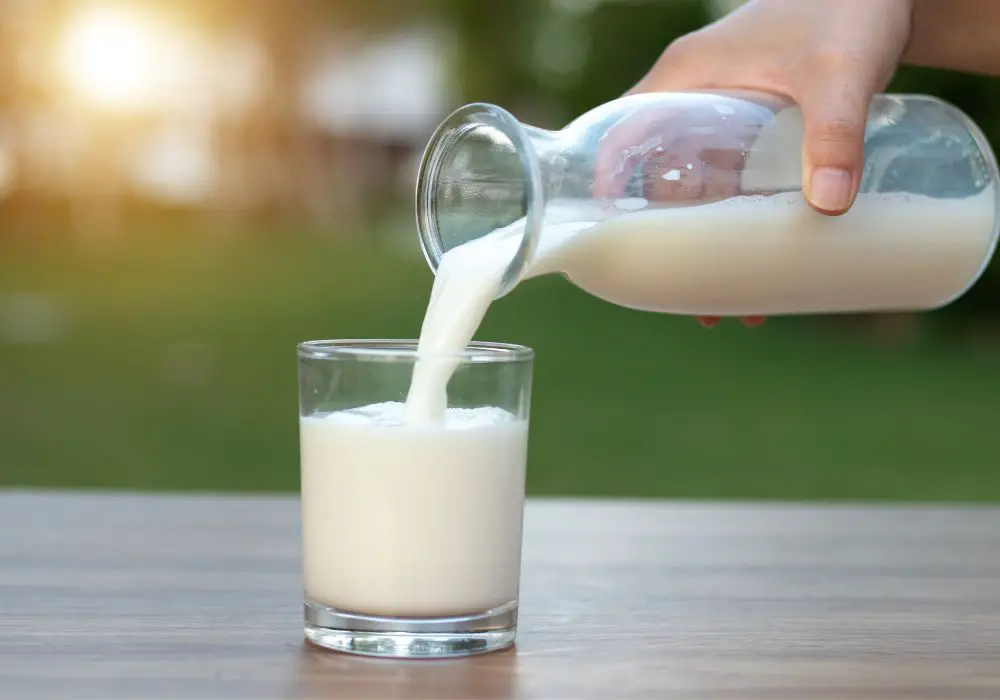
This doesn’t mean you will starve after your teeth whitening session. Instead, you need to plan ahead to eat a “white diet”. You want to find foods that won’t transfer color and won’t cause further damage to your enamel, but they should be enough to keep you satisfied.
The list is longer than you think, and all parts of your food pyramid can be filled. Most dairy products, including white cheeses, milk, and yogurt, work perfectly fine while you limit your diet.
Doughy white bread is fine, but watch out for high sugar content. You can also indulge in sweet and savory foods like:
- Apples
- Pears
- White fish
- Scrambled egg whites
- Bananas
- Pasta
- Chicken
Coconuts and coconut water can keep you properly hydrated, while potatoes, cauliflower, rice, and white onions are great filling additions to your meals. Your white foods list may not match your normal menu, but there are plenty of options that will not set you back in your whitening endeavors.
Whitening Teeth Aftercare to Keep in Mind
What you eat is only half the battle. Keeping your mouth clean and limiting stain-causing habits ensures you don’t run into issues in the future.
To start, make sure you have a solid oral health routine. At the very least, you should brush and floss twice a day (in the morning and before bed). Advanced measures include brushing after every meal (mini toothbrushes help), but rinsing with water is usually enough to limit stains and flush away bacteria.
Pay attention to things known to stain your teeth. We’ve listed plenty of culprits above, but that doesn’t mean you can ignore things like smoking. Switching to nicotine gum or nicotine patches to wean yourself off the habit will prove healthier in the long run and may dramatically improve the shade of your teeth.
Finally, make sure you keep in touch with your dentist. Regular cleanings and checkups (ideally once every 6 months) are essential for monitoring oral health and limiting issues like plaque buildup and staining.
Conclusion
Diet plays a major role in all aspects of your health, including your outward appearance. While you don’t need to keep perfect nutrition, you should limit certain foods when your body is more susceptible to their effects.
After teeth whitening, remember to limit:
- Pigmented foods known to stain
- Sugary or abrasive foods
- Alcoholic, caffeinated, and carbonated beverages
If you’re unsure, just choose a safe option until you’re in the clear. If you have any other questions about what you can eat or what you should avoid after teeth whitening, let us know in the comments!

